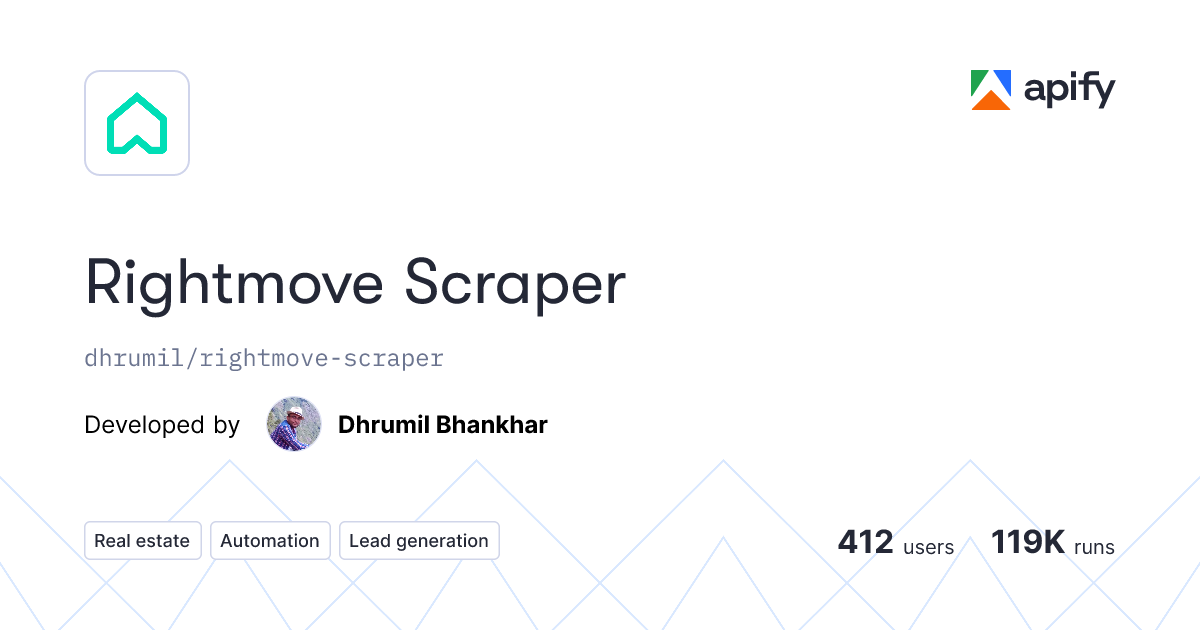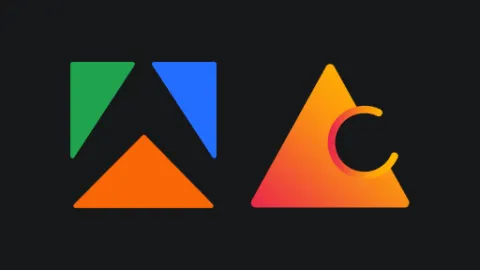Rightmove Scraper · Apify
How come Apify displaying this as 2000 USD per 1K records!
This is freaking out customers! I have raised concern in Apify support since more than a week. I started saying to contact Apify support now to end customers as there is clearing nothing I can do about it as developer.
This pricing is wrongly displayed on public pages and inside Apify dashboard top bar
Please check : https://apify.com/dhrumil/rightmove-scraper

